Are you considering investing in commercial property? Whether you’re a seasoned investor or exploring the commercial real estate market for the first time, understanding the finance options available is crucial to making informed decisions and maximizing your investment potential.
What is Commercial Property Finance?
Commercial property finance refers to the various loan products designed specifically for purchasing or refinancing commercial real estate. Unlike residential property loans, commercial property finance caters to properties used for business purposes, such as office buildings, retail spaces, warehouses, and industrial properties.
Types of Commercial Property Loans
-
Commercial Mortgages
- Term Loans: These are traditional loans with a fixed or variable interest rate, typically repaid over a set period. They are suitable for purchasing or refinancing established commercial properties.
- Interest-Only Loans: These loans allow you to pay only the interest for a set period, which can help with cash flow management in the early stages of your investment.
-
Development Loans
- If you plan to develop or renovate commercial property, development loans provide the necessary capital. These loans are usually short-term and tailored to the construction phase of your project.
-
Lease Doc Loans
- These loans are based on the rental income generated by the property. They are beneficial for investors with strong rental yields but limited financial documentation.
Key Considerations for Commercial Property Finance
-
Loan-to-Value Ratio (LVR)
- LVR is the ratio of the loan amount to the property’s value. Commercial lenders typically offer lower LVRs compared to residential loans, often around 65% to 70%.
-
Interest Rates
- Commercial loan interest rates are generally higher than residential loan rates. Factors such as the type of property, loan amount, and borrower’s creditworthiness influence the interest rate offered.
-
Repayment Terms
- Repayment terms can vary, with options ranging from short-term (1-5 years) to long-term (up to 30 years). It’s essential to choose a term that aligns with your investment strategy and cash flow needs.
-
Additional Costs
- Be prepared for additional costs such as valuation fees, legal fees, and stamp duty. These costs can significantly impact your overall investment budget.
Why Choose a Mortgage Broker?
Navigating the commercial property finance landscape can be complex and time-consuming. A mortgage broker specializing in commercial finance can provide invaluable assistance by:
- Offering Expert Advice: Mortgage brokers understand the nuances of commercial property finance and can guide you through the process, ensuring you make informed decisions.
- Accessing a Wide Range of Lenders: Brokers have access to numerous lenders and can help you find the most competitive loan products tailored to your needs.
- Saving Time and Effort: From paperwork to negotiations, brokers handle the legwork, allowing you to focus on your investment strategy.
Next Steps
Investing in commercial property is a significant financial commitment, but with the right knowledge and support, it can be a rewarding venture. If you’re ready to explore commercial property finance options or need personalized advice to unlock the potential of commercial real estate and take the first step towards building a successful investment portfolio, then we invite you to chat. Book a time to learn more and get started on your commercial property journey.

